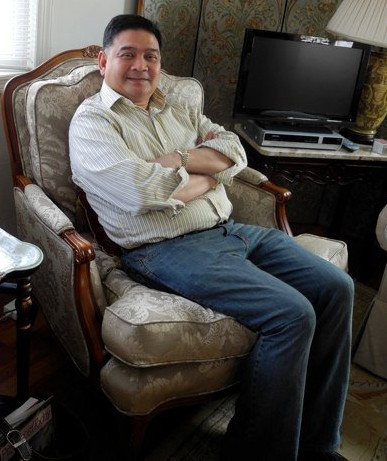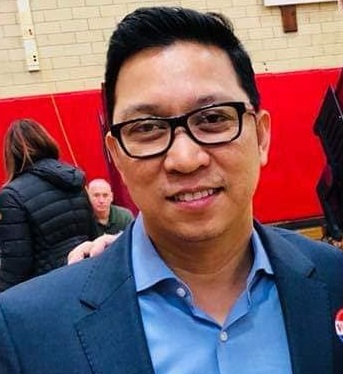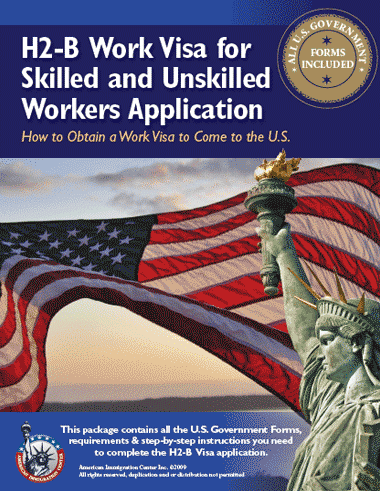Atty. Arvin Amatorio: ‘Nothing political’ about visa suspension
By Cristina DC PastorOn January 18, it was announced that countries like the Philippines, the Dominican Republic and Ethiopia are no longer eligible for the H-2A, H-2B visa programs. The Department of Homeland Security and the Department of State said “overstay and human trafficking concerns” were reasons for the suspension. They noted a “four-fold increase” in H-2A visa applications from nationals of the Philippines between FY 2015-2018 and the “high H-2B overstay rate.” They also pointed to the U.S. Embassy in Manila having issued approximately 40 percent of total T-visas worldwide from 2014 to 2016. This suspension will be in effect from January 19, 2019 to January 18, 2020.
The FilAm reached out to immigration lawyer Arvin Amatorio of Amatorio Law for an explanation on what all this means.
The FilAm: Attorney, please tell us what the announcement is about and how it will affect Filipinos looking to come to the U.S.
Arvin Amatorio: It’s very unfortunate that this happened but looking at stats, if the stats are accurate, it’s reasonable for certain countries such as U.S. to do that if they see that there is abuse of the process. From 2014 to 2016, 40 percent of T visas were being issued to the Philippines, that’s very alarming. It raised a red flag.
TF: Please explain why H-2B and T visas were singled out.
AA: They’re interrelated. Beneficiaries came to the U.S. on H-2B visas, then when they became out of status, they applied for T visas. Whether the T visa (for human trafficking) was reasonable or not the fact was inabuso yung proseso.
TF: Who are these H-2B beneficiaries?
AA: There are a lot of Filipinos who come here as hotel workers; that’s a growing trend. I get a lot of inquiries from HRM (Hotel & Restaurant management) graduates who come here for on-the job training because their schools in the Philippines have a tie-up with U.S. hotels mostly in remote areas like West Virginia. Some of these U.S. hotels go to countries like the Philippines to hire employees. Our kababayan are college graduates and smart.
It’s usually a three-year program. What happens is sometimes there is no work here, or the hotel did not honor their contractual obligations, and the workers don’t want to go home. Some of them would rather file for human trafficking violations – whether it’s true or not – and convert their H-2B to T visas. In some cases, there are elements of human trafficking, especially if they were lured to come to the U.S. and promised a certain salary that was not honored.
TF: Those who are here on H-2B and T visas, are they secure?
AA: Yes, they are secure. They can continue using that visa, but moving forward, like if they need to renew…
TF: Will this affect nurses trying to come here?
AA: No, this will apply only to temporary workers and seasonal workers like the hotel workers I mentioned.
TF: Was there really abuse as the agencies claim? Are immigration lawyers partly responsible because of their legal advice?
AA: These are common scenarios. Lawyers, if a client comes to them asking for visa extension, they should do it within the bounds of the law. With some, they will advice clients to sue their employers to get a T visa. The attorneys that I know do not do this.
If you’re a hotel worker and want to extend, one option is to find a school who will admit you and will apply for student visa for you. I don’t even advise them to use an attorney because the schools will help them.
TF: Is there a political motive behind this?
AA: It did not come from the political aisle. It’s from organic, administrative cleaning. Napansin ng immigration, then they made a recommendation to the State Department, Homeland Security came through with an announcement. We raised a red flag. We can’t say we are being singled out as a people.
© The FilAm 2019













